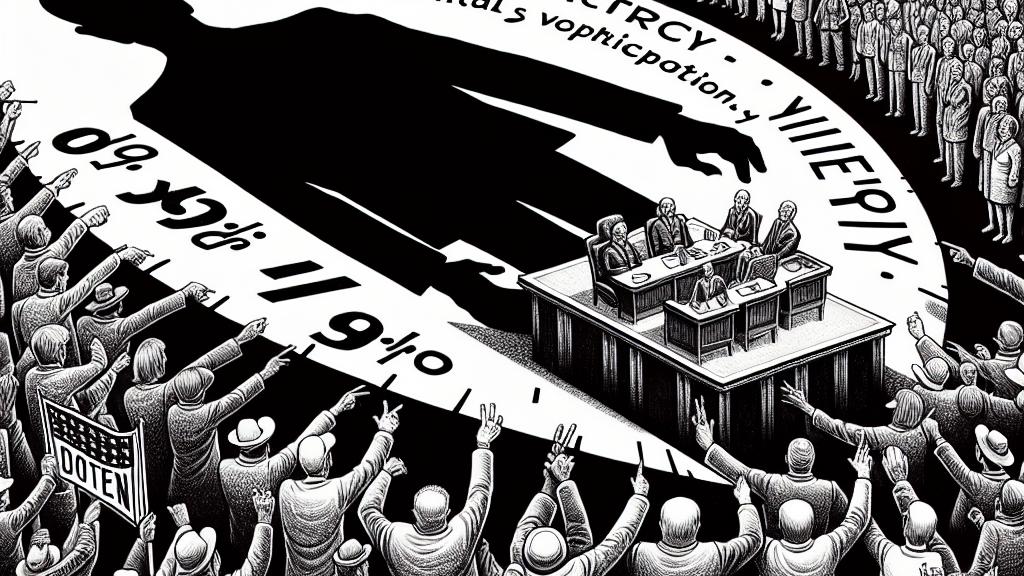Tebboune Triumphs: A Smashing 95% Victory in Algeria's Elections!
Overview
- Abdelmadjid Tebboune's re-election victory at 95% raises eyebrows amid alarming voter turnout of just 48%.
- This result reveals deep public skepticism, highlighting the ongoing disconnect between the government and the people.
- Despite economic trials, Algeria’s ambitious social programs aim to uplift citizens, embodying hope amidst adversity.

Election Results and Public Response
On September 7, 2024, Algeria witnessed a presidential election that seemed to echo the nation’s tumultuous political history. Abdelmadjid Tebboune emerged victorious, triumphing with an astonishing 95% of the vote. But, wait—despite such a commanding lead, the reality of voter turnout struck like a thunderclap: only 48% of registered voters participated. This stark figure unveils a deep reservoir of public discontent and apathy, as many feel their voices are lost in the political din. From the shadows of the election, rival candidate Abdelaali Hassani Cherif’s allegations of voting irregularities further underscore this crisis of trust; he claims officials were pressured, suggesting that the integrity of the election itself is in question.
Economic Context and Social Policies
Tebboune's playbook includes ambitious plans centered on social spending, fueled by a recent windfall from increased energy revenues. Picture this: a government poised to raise unemployment benefits and enhance public housing, aiming to create a safety net for struggling families. However, the winds of change often blow cold, with unemployment still hovering above 12% and inflation gnawing at the budgets of everyday Algerians. For instance, while the promise of raised pensions shines like a beacon of hope, families are caught in a financial storm that challenges their very survival. Will these policies transform life in Algeria, or remain mere words on a page amid unresolved economic woes?
Challenges in Governance and Foreign Relations
Tebboune's sweeping electoral victory may have secured his position, but governance is a murky sea, fraught with obstacles. The stark contrast between the rulers and the ruled buzzes like a bad aftertaste, reminiscent of the fervent protests from the 'Hirak' movement demanding reform and accountability. On the international frontier, Algeria's strategic position as a gas supplier puts it in the spotlight, yet it must navigate complex relationships with both Western nations and Russia—an intricate ballet of diplomacy. Furthermore, Algeria's pursuit of regional stability in the Sahel shows resilience but lacks the traction needed for real change. The questions remain: Can Algeria bridge the chasm between its leaders and its citizens, and can it redefine its role on the global stage? The path ahead is fraught with uncertainty, yet it is paved with potential.

Loading...